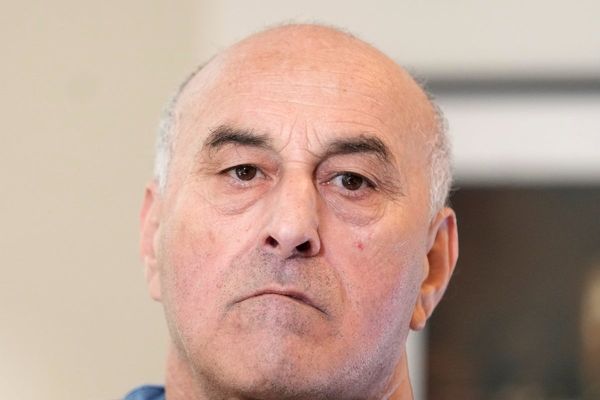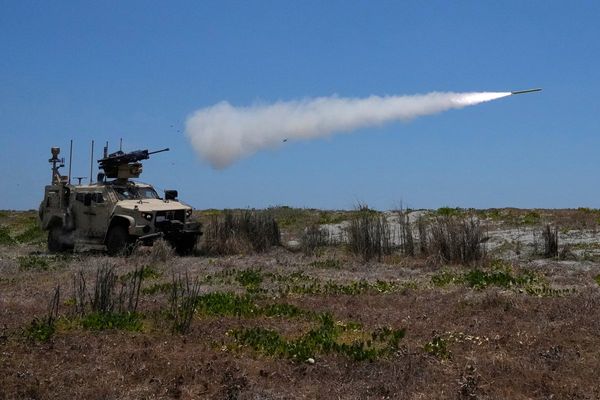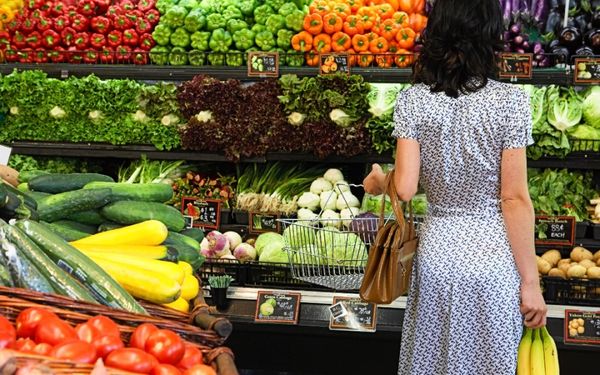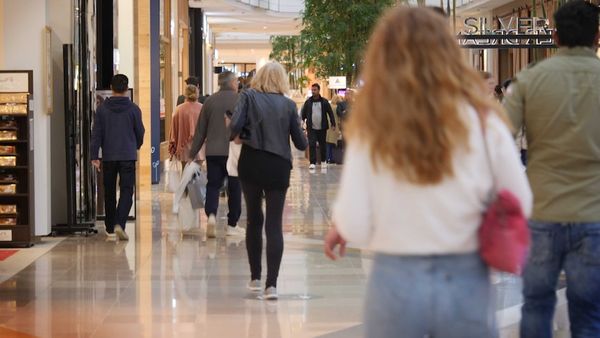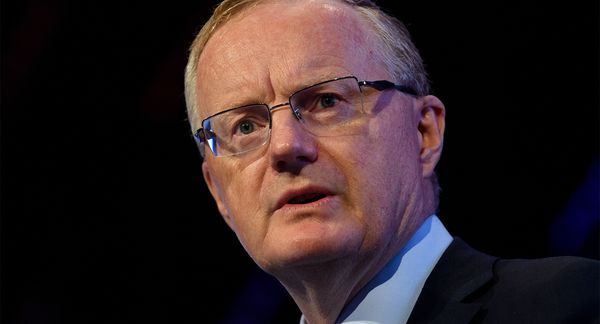
Australia’s annual inflation rate slowed in February, led by smaller rises for fuel and housing, adding to evidence that the worst of the price increases has passed.
The consumer price index rose at annual pace of 6.8% last month, the Australian Bureau of Statistics reported on Wednesday. Economists had expected the annual rate would have dropped to about 7.2% from January’s 7.4% pace.
The 6.8% pace was the slowest since June last year.
February annual CPI slows further to 6.8% from 7.4% in January. (Market had been expecting about 7.2%, so RBA rate pause next week now a little more likely.) pic.twitter.com/dV5n6dfkSK
— @phannam@mastodon.green (@p_hannam) March 29, 2023
The ABS release included a new series for electricity prices. Power prices were 17.2% higher than in February 2022, with more increases set to come after June after increases of as much as a third take effect.
The biggest contributors to February’s annual increase included the cost of housing, which rose 9.9% from a year earlier. Food and non-alcoholic beverages rose 8%, while rents rose by 4.8%.
“New dwellings grew 13% in the 12 months to February which is the lowest annual growth since February 2022 as price rises for building materials continue to ease,” the head of prices statistics at ABS, Michelle Marquardt, said.
The treasurer, Jim Chalmers, told question time “we do need to be careful about this new measure of inflation, which will be volatile month-to-month, but, on the face of it, this is a very encouraging sign”.
“It’s more evidence that inflation peaked at the end of last year and it’s moderating this year but it will be higher than we’d like for longer than we’d like,” Chalmers said.
The Australian dollar fell slightly after the release of the inflation numbers, while stocks erased their modest losses for the day. The moves indicate that investors trimmed their bets on the Reserve Bank lifting its key interest rate next week.
The inflation figures are the last major piece of data ahead of the RBA board’s meeting next Tuesday. Three of the big four commercial banks expect the RBA will lift its key interest rate for an 11th consecutive meeting, while investors are predicting the central bank will pause for the first time since last April.
There’s some relief on another energy front, though, with automotive fuel prices rising an annual rate of 5.6% last month, the slowest pace in two years. In June last year, fuel costs were rising at annual clip of 43.2% after Russia’s invasion of Ukraine.
Automotive fuel prices rose 5.6% in February from a year earlier - well down from the 43% peak of annual increases recorded last June. (Source: @ABSStats ) pic.twitter.com/u8LiaWKGWH
— @phannam@mastodon.green (@p_hannam) March 29, 2023
Travel and accommodation rose at annual pace of 14.9% in February. While one of the larger increases, the rate was roughly half that of December when pent-up post-pandemic demand sent prices soaring.
The Greens treasury spokesperson, Nick McKim, said the February CPI numbers were “the strongest indication yet that inflation has peaked” and the RBA should now cease lifting borrowing costs.
“Next week we will see if the RBA is finally prepared to act in the best interests of Australians instead of blindly following the rest of the world towards a recession.”
The RBA’s minutes for its 7 March meeting showed board members were prepared to consider a pause in coming months. Since then, there has been financial market turmoil with the failure of Silicon Valley Bank in California and the forced takeover of Credit Suisse by its larger Swiss rival UBS.
Still, the central banks of the US, the UK and Switzerland persisted with interest rate rises as they considered inflation a bigger threat to their economies than banking troubles.
EY’s chief economist, Cherelle Murphy, said the February data “provided welcome evidence that domestic services inflation may have peaked after a sharp increase towards the end of last year”.
Still, “with inflation remaining uncomfortably high, a resilient labour market, and business conditions sitting above pre-Covid levels, there is still a case for further rate hikes”, Murphy said.
KPMG Australia’s chief economist, Brendan Rynne, noted that core inflation, excluding volatile-price items, also fell from 7.5% in January to 6.9%.
“While today’s data will give the RBA pause for thought, KPMG believes inflation is still sufficiently high and employment too strong for the RBA to call a halt to the cash rate rises just yet,” Rynne said. “We believe, as other main central banks have done this month, the RBA will raise the rate again next week.”
Justin Smirk, a senior Westpac economist, said February alone saw prices rise 0.2% compared with the previous month, well shy of his bank’s forecast of a 0.8% increase.
“Compared to the average monthly increase of 0.9% through the last three months of 2022, the first two prints of 2023 represent a meaningful moderation in the inflationary pace,” Smirk said. January alone would have been a 0.4% fall.
The slowdown puts at risk Westpac’s current prediction that the March quarter CPI increase will come in at 1.5%, he said.
